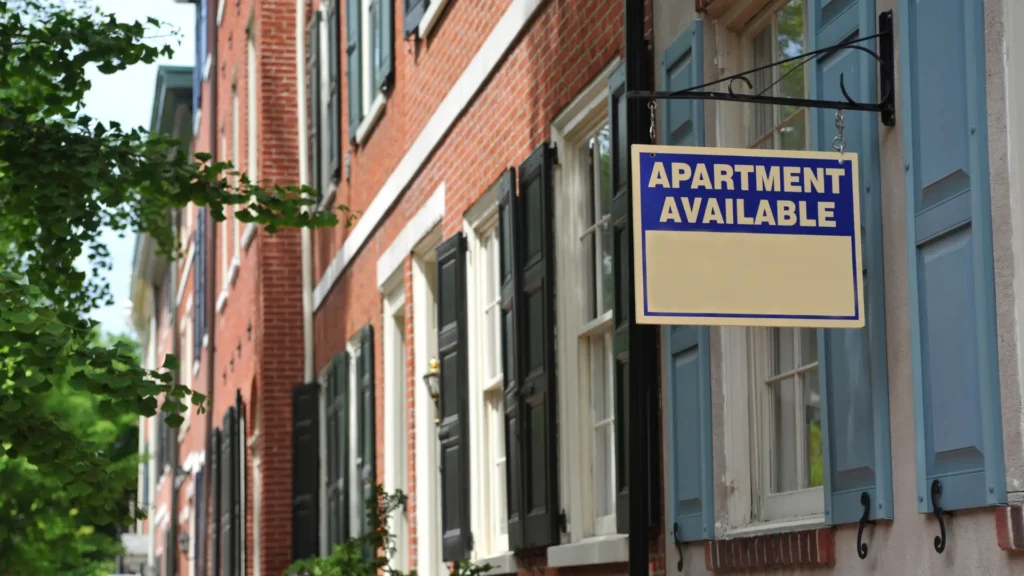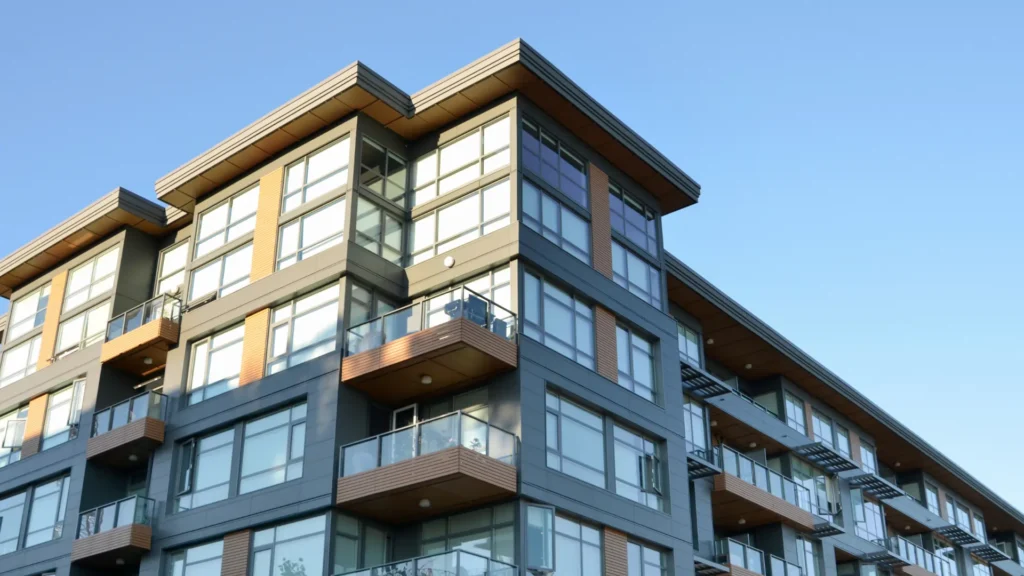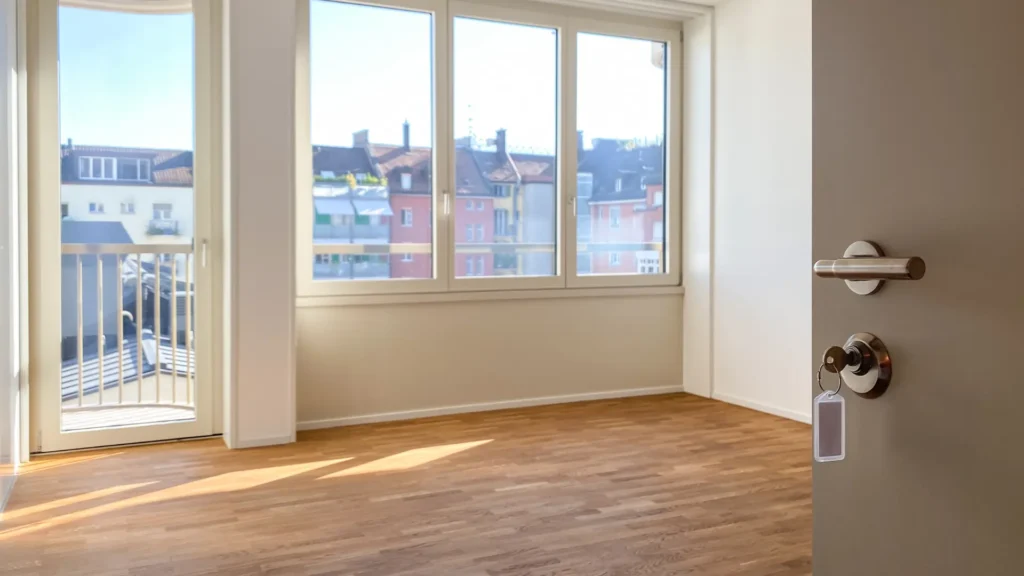If you own or manage rental housing, staying compliant with rental property inspection laws is one of your most important responsibilities. These laws exist to protect tenant health and safety, maintain housing quality, and ensure that properties meet both local and federal standards.
But here’s the challenge: inspection laws aren’t the same everywhere. Federal rules from HUD apply to subsidized housing, while states and cities add their own requirements. Understanding these layers of regulation helps you avoid fines, lawsuits, and failed inspections.
That’s where proactive compliance makes the difference. A NSPIRE pre-inspection is often the first step in identifying risks, budgeting for repairs, and passing official inspections with confidence.

What Are Rental Property Inspection Laws?
Rental property inspection laws are regulations that set minimum standards for habitability, safety, and maintenance in housing. These requirements may come from:
- Federal laws such as HUD’s NSPIRE inspection standards.
- State landlord-tenant laws requiring working utilities, pest-free environments, or structural integrity.
- Local ordinances covering fire codes, lead paint, and other safety issues.
Together, these laws ensure that tenants live in safe and well-maintained homes, while landlords protect their investments.
For a deeper dive into HUD’s inspection overhaul, see Nixon Peabody’s summary of the NSPIRE program.

Federal Laws – HUD and NSPIRE Standards
For federally assisted housing, HUD’s NSPIRE standards form the foundation of rental property inspection laws. NSPIRE focuses on resident health and safety, with new criteria for building systems, structural soundness, and living conditions.
Failing an inspection can result in funding loss, penalties, or reduced inspection scores. That’s why federal law compliance should be a top priority for public housing authorities and owners of HUD-assisted properties.
- Download our Free NSPIRE Checklist to prepare for your next inspection.
- Learn how modernization projects like apartment renovations can help meet HUD requirements.
For updates on deadlines and extensions, the National Center for Housing Management (NCHM) tracks HUD’s evolving compliance timelines.
How NSPIRE Affects Rental Property Owners
NSPIRE expands the scope of what landlords must maintain. Beyond basic utilities, it requires working carbon monoxide detectors, adequate ventilation, mold prevention, pest-free units, and safe electrical systems. Even small deficiencies can cost inspection points.
Avoiding Failed Inspections Under NSPIRE
The best way to avoid a failed inspection is to be proactive: conduct pre-inspections, keep records of repairs, and use a maintenance work order management system to track issues before they become violations.

State and Local Rental Property Inspection Laws
While HUD sets standards for federally assisted housing, private landlords must also follow state and local laws. These regulations vary, but most cover:
- Smoke and carbon monoxide detectors
- Lead-based paint hazards
- Plumbing, heating, and electrical safety
- Pest control
- Weatherproofing and roofing integrity
Here are some examples from major states:
New York Rental Property Inspection Laws
New York City landlords face strict oversight on lead-based paint and tenant safety. Owners must inspect annually for peeling paint and correct hazards promptly.
- Learn more: NYC HPD – Lead-Based Paint Requirements.
Texas Rental Property Inspection Laws
Under the Texas Property Code, landlords must provide safe locks, functional plumbing, and pest-free conditions. Tenants have the right to demand repairs if minimum standards aren’t met.
- Read the law: Texas Property Code – Residential Tenancies.
Florida Rental Property Inspection Laws
Florida requires landlords to maintain roofs, windows, plumbing, heating, and pest control. Failure to comply gives tenants legal recourse and can result in fines.
- Reference: Florida Statute 83.51.

Why Compliance With Rental Property Inspection Laws Matters
Ignoring rental property inspection laws comes with serious risks:
- HUD violations: failed NSPIRE inspections can reduce funding and damage reputations.
- State/local penalties: fines, tenant lawsuits, and even forced vacancies.
- Tenant trust: neglect leads to higher turnover, vacancies, and negative reviews.
Investing in compliance isn’t just about avoiding penalties—it also protects long-term property value. Renovation projects, like apartment renovations, are often the most effective way to modernize and meet standards.
How to Stay Compliant With Rental Property Inspection Laws
Staying compliant doesn’t have to be overwhelming. With a system in place, property managers and landlords can stay ahead of inspections.
- Schedule regular pre-inspections.
- Use work order systems to log and complete repairs.
- Budget for capital needs using CapEx ratios.
- Renovate proactively instead of reacting to violations.
Proactive Inspections Save Time and Money
By catching issues early, pre-inspections prevent last-minute emergencies and costly fines. Schedule a pre-inspection to keep your property inspection-ready year-round.
Renovations as Compliance Tools
Renovations don’t just improve appearances—they bring properties up to modern safety standards. Explore our apartment renovations services to align your property with inspection laws.

How NSPIRE Experts Helps You Navigate Rental Property Inspection Laws
Understanding the rules is one thing—implementing them is another. That’s where NSPIRE Experts comes in.
We support landlords, property managers, and housing authorities with:
- NSPIRE pre-inspections
- Maintenance tracking and staffing
- Renovation and modernization planning
- Compliance consulting
Start today by contacting us for support or by downloading our Free NSPIRE Checklist.
Be Ready for Every Inspection
Rental property inspection laws exist to protect tenants and preserve housing quality—but they also protect your investment. By understanding federal, state, and local requirements, you can avoid penalties, pass inspections, and keep your property competitive.
Don’t wait for violations to pile up. Schedule your NSPIRE pre-inspection today and stay ahead of every inspection.
